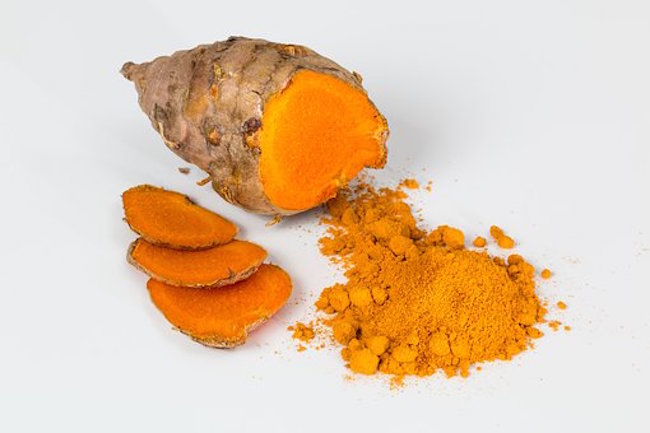These Five Substances Protect Your Liver By GreenMedInfo Research Group
In a world rife with toxic exposures, you must protect your liver as if your life depends on it — because it does. Here are five substances that can help keep your hardest working organ humming.
Your liver is one of the hardest working organs in your body, regulating an array of biological processes that are critical to health, such as metabolism, blood sugar, plasma and cholesterol production, and the removal and breakdown of toxins in the blood, to name only a few.
Liver diseases, also called hepatic diseases, are among the most serious threats to human health.[i] Adding to the risk is the lack of safe and effective treatments,[ii] as most synthetic drug-based interventions carry black-box warnings of potentially serious adverse side effects.
Five Hepatoprotective Substances
With modern life producing more pollutants than ever before and the standard American diet supplying a deluge of sugar and ultra-processed foods, it’s no surprise that your liver may benefit from an occasional boost of gentle nutritional support.
We’ve identified five of the top hepatoprotective substances on the planet to make it easy for natural health enthusiasts to stock their herbal medicine cabinets. In fact, a few of them may already be in your kitchen pantry. Adding therapeutic doses of these five foods is not only simple and convenient, they can also supply a boost of nutrients to keep your liver nourished and protected while it’s protecting you.
1. Curcumin
One of the active polyphenols in the spice turmeric, curcumin has numerous scientifically validated health benefits, including providing liver protection.[iii] Curcuminoids are responsible for the bright yellow color of turmeric and are also believed to deliver many of this spice’s beneficial properties, among which are powerful antioxidant effects.[iv]
Oxidative stress can cause a host of inflammatory injuries that damage healthy cells. A Chinese research team explored the use of curcumin to alleviate damage to liver cells caused by exposure to ethanol, the intoxicating ingredient found in many alcoholic beverages.
In the study, rats that were pretreated with curcumin before exposure to ethanol demonstrated less oxidative damage through measured enzymatic activity. Researchers concluded that oxidative damage to liver cells was significantly ameliorated by curcumin treatment.[v]
2. Coffee
While it’s common knowledge that consuming excessive alcohol can damage the liver, eating a primarily processed food diet may be just as hepatotoxic in the long-term. Non-alcoholic fatty liver disease (NAFLD) is a global health concern affecting people who drink little to no alcohol. In the U.S., NAFLD is the most common form of chronic liver disease,[vi] likely owing to the sad state of the standard American diet.
When it comes to popular dietary habits, there is perhaps none more enduring than morning coffee, and fortunately for coffee’s many fans, it may also help protect against liver disease.
A 2016 meta-analysis compared the risk of NAFLD for individuals who did and did not drink coffee. It also compared the risk of liver fibrosis, the excessive build-up of proteins that occurs in many liver diseases, between NAFLD patients who did and did not drink coffee. The analysis showed a significantly decreased risk of NAFLD among coffee drinkers, as well as a significantly decreased risk of liver fibrosis among patients with NAFLD who drank coffee on a regular basis.[vii]
3. NAC (N-Acetyl Cysteine)
N-acetyl cysteine, or NAC, is a precursor of the amino acid L-cysteine that acts as a potent antioxidant. While L-cysteine is found in foods like poultry, eggs, yogurt and sulfur-rich vegetables, NAC can only be obtained in supplement form.[viii] NAC works by scavenging free radicals, especially oxygen radicals, making it a potentially powerful ally in the treatment of oxidative stress, a crucial factor in liver diseases.[ix]
The prescription of high-dose acetaminophen (APAP) for mild-to-moderate pain management is still commonplace, though it is increasingly recognized as high-risk. As a result of data revealing unintentional overdoses, in 2011 the U.S. Food and Drug Administration (FDA) asked pharmaceutical companies to limit the amount of APAP used in prescription pain relievers owing to risks of severe, even lethal, drug-induced liver failure.[x]




